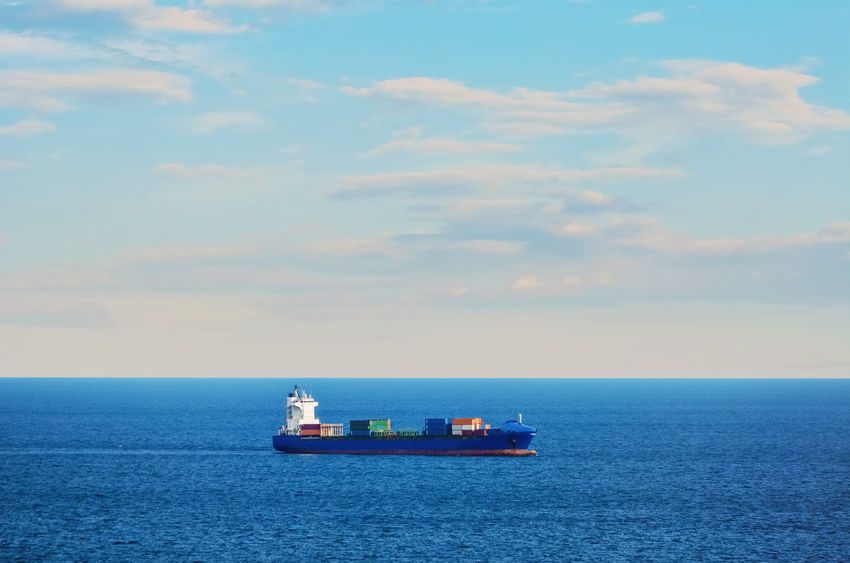
Removing all trade tariffs and barriers would help add £135bn annually to the UK economy, according to a new report by economists.
The pro-Brexit group Economists for Free Trade (EFT) calculate that a hard Brexit would lead to a surge in national output worth around £5,000 a year for every household on average.
Prof Patrick Minford, lead author of the report, said a hard Brexit is "economically much superior to soft".
He argues UK businesses and consumers would benefit from lower priced imported goods and the effects of increased competition, which would force firms to raise their productivity.
The report foresees a further £40bn a year boost from deregulating the economy, as well as other benefits resulting from Brexit-related policies.
Prof Minford said that the "ideal solution" would still be free trade deals with major economic blocks including the EU.
However, he said the threat that the UK could abolish all trade barriers unilaterally would act as "the club in the closet".
'Scaremongering'
Claims that the UK farming industry will be worse off after Brexit has been dismissed as 'scaremongering' by a leading Brexit advocate.
Leave Means Leave co-chairman John Longworth said food prices will ultimately fall when common external tariffs are removed.
"It will be better off for hard working families in the UK and provide them with more disposable income, what's wrong with that?"
However, a report released last week said Brexit will have 'important implications' on UK agricultural commodity markets due to potentially significant changes to trade flows.
The report was written by economists from the Belfast-based Agri-Food and Biosciences Institute in conjunction with the University of Missouri, USA.
It examines three Brexit trade scenarios: Bespoke Free Trade Agreement (FTA) with the EU; World Trade Organisation (WTO) default Most Favoured Nation (MFN) tariffs and Unilateral Trade Liberalisation.
'Free and frictionless'
Commenting on post-Brexit trade, National Farmers' Union (NFU) President Meurig Raymond said: “The NFU, along with other farming organisations, has long called for a transitional deal that maintains as free and frictionless trade in agri-food products as possible and it is pleasing to see Government recognise the concerns of the sector.
“In recent discussions with the Chancellor, the NFU reinforced the need for a transitional arrangement post-Brexit that sees the UK and EU continuing to trade within a customs union, and I’m pleased to see the government appear to accept this as the best way forward.
“Such an arrangement would provide farmers and growers with the stability and continuity needed to continue running competitive and profitable farming businesses.
“It is crucial that swift progress is made on the current phase of Brexit negotiations so the crucial issue of the UK’s future trading relationship with the EU, including the precise nature of both the interim and long-term customs agreements, can be discussed as soon as possible.”
